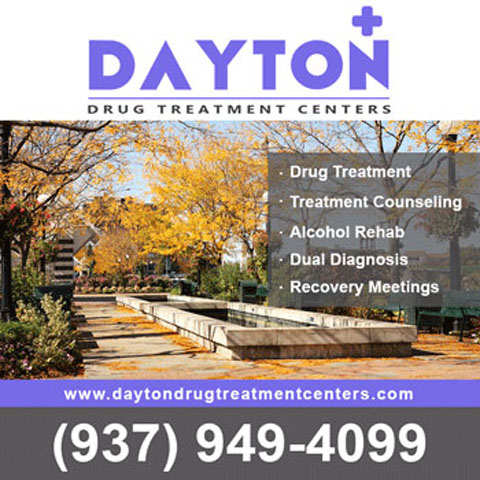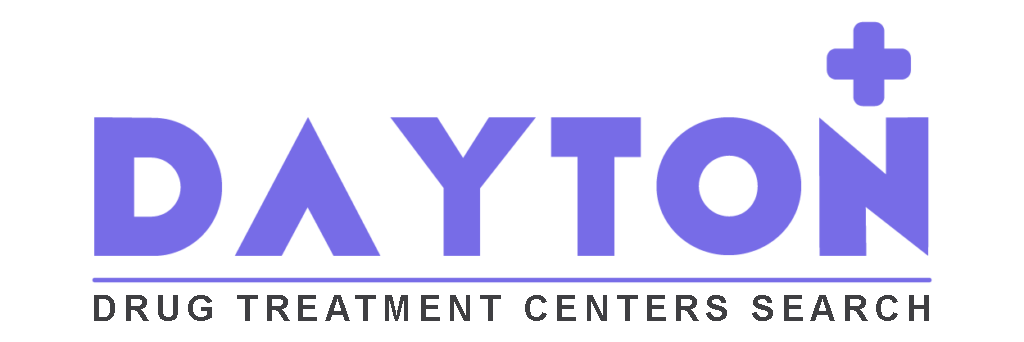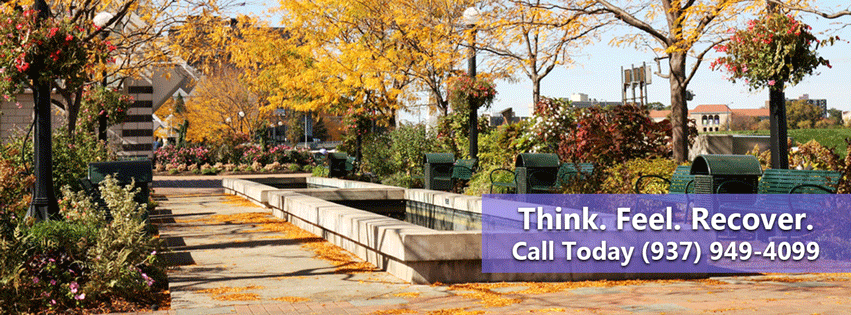Drug Addiction and Rehab in Dayton, OH (937) 949-4099
Overcoming a drug or alcohol addiction is never easy, with time, commitment, and external support needed to break the bonds of addiction. The Drug Rehab treatment process for Drug Addiction and Rehab takes a period of weeks or months depending on the substance and extent of addiction, from the beginning of intervention and detox through to the late stages of relapse prevention. Drug rehab centers initiate a range of individual treatment programs to deal with the complexities of the recovery process, from intensive medication regimes through to counseling and family therapy. Drug rehab centers can be found across the United States, with some facilities specializing in particular substances or treatment programs. If you or anyone you know needs help with a substance use disorder, there is a program in Dayton that can help.
What is Addiction?

An addiction is defined as the compulsive engagement in rewarding stimuli despite negative consequences. Addictions take many forms, from specific behaviors such as sex and gambling through to legal and illegal psychoactive substances. While treatment for behavior addictions is becoming more common all the time, most treatment centers deal exclusively with psychoactive substances. Detox is designed to enable the cessation of substance use, drug rehab is designed to support the emotional aspects of recovery, and aftercare support programs are designed to promote long-term recovery. People who are addicted to drugs and alcohol seek repeated exposure despite the existence of health and social problems, with all addictive stimuli being both intrinsically rewarding and positively reinforcing. Addiction is a learned behavior that develops over time, with dedicated programs often needed to break physical connections and setup new psychological associations.
Signs and Symptoms of Drug Addiction (937) 949-4099
Drug abuse and dependence problems manifest in many ways, with some people developing problems quickly and others slowly becoming addicted over time. While many of the signs of addiction are related to the individual substance in question, there are some general signs worth watching out for. Common signs of addiction include mood swings, unexplained anxiety and depression, unexplained euphoria and sedation, health and social problems, lack of school or work productivity, feelings of guilt surrounding drug use, and lack of motivation. A crisis intervention may be required before someone is ready to admit to their problems, with additional interventions also needed in the case of relapse. If you are worried about the drug habits of a friend, family member, or co-worker, it’s important to reach out to a professional treatment center as soon as you can.
What is Drug Rehab?
The term “rehab” can be used in two different ways, either to refer to the entire drug treatment process or to refer to specific inpatient and outpatient programs initiated after detox. While detox helps people to stop using drugs in a safe and supportive medical setting, it does very little to address the psychological aspects of addiction. Detox often fails when administered in isolation, with individual recovery programs also needed to address the environmental and emotional precursors of addiction. Rehabilitation programs differ widely depending on the individual and institution in question, with four primary levels of care available across the United States: residential hospitalization, inpatient rehab, partial hospitalization, and outpatient rehab. Residential programs involve an intensive live-in arrangement, with outpatient programs involving periodic treatment sessions between one and five days each week. Typical treatment modalities applied during rehab include motivational interviewing, cognitive behavioral therapy, family therapy, 12-step facilitation, and contingency management.
Just give Dayton Drug Treatment Centers a call today at (937) 949-4099 to speak with one of our caring recovery advocates to start the recovery journey.



